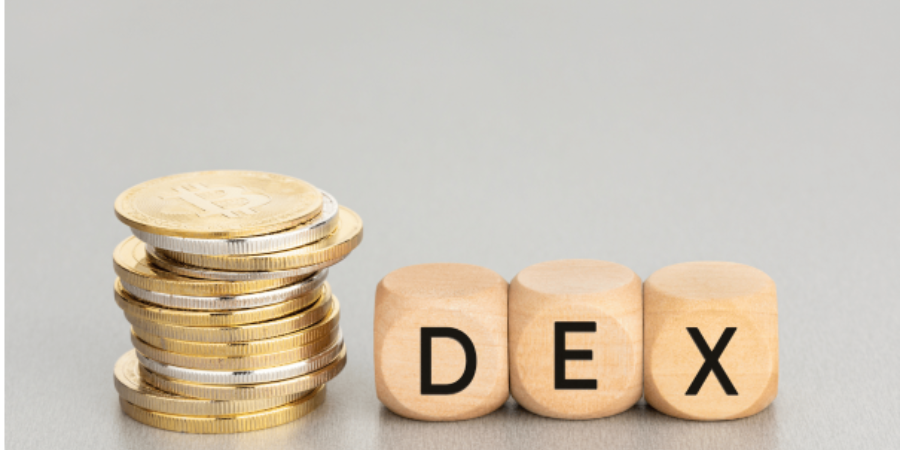A case for decentralized exchanges, and which ones to look out for.
A major critique of early Bitcoin was the lacking infrastructure for buying and selling it. If you weren’t mining it, and you weren’t happy with only getting five for free from the Bitcoin faucet website, your best bet for getting some might have been meeting up with someone in real life and buying a USB with coins on it.
Exchanges like Mt. Gox cropped up as a solution to this, allowing anyone to exchange dollars for Bitcoin and Bitcoin for dollars. But the inherent flaw of exchanges like these, one which flew in the face of Bitcoin’s ethos, was their centralization – and in the case of Mt. Gox among many others, this attack vector was exploited by insiders for what is now billions of dollars of crypto.
These issues highlighted the need for Decentralized Exchanges, or DEXs, built on the same principles of transparency, decentralization, openness and permissionlessness as Bitcoin’s creator proposed. But it would take years before Blocknet would crack this code with its first truly decentralized exchange, BlockDX, and the world of decentralized asset swapping has been evolving ever since.
What makes DEXs better than CEXs
You don’t have to be a cypherpunk to see the advantages decentralized exchanges have over their centralized counterparts. DEXs don’t require users to KYC, which means they’re quicker to begin interacting with, and more importantly, means no company or government can directly link a real person to a wallet using its services. This distinguisher can be particularly meaningful to people barred by their government from trading cryptocurrencies.
DEXs also typically have more tokens on offer than centralized exchanges (CEXs), especially smaller, newer tokens. DEXs are often the first place new tokens launch, so if you’re looking to get an edge over the market by investing in a promising new project early, a DEX may be your best bet.
If you’re looking for a time-tested DEX, look no further than the godfather of Automated Market Maker DEXs: Uniswap, from which the code lineage of most modern DEXs can be traced. Uniswap, which was launched back in 2018, still sees the highest trading volume among every DEX on every chain, and its well-established position continues to attract new users to it looking for a safe environment to trade in.
But DEXs aren’t perfect, and everyday users are typically the ones who bear the brunt of these imperfections. Things like sandwich attacks, frontrunning, slippage, and the high fees incurred by requiring on-chain settlement can mar the user experience. Furthermore, as most DEXs are limited by the chain they’re deployed on, you’ll need to find a different DEX every time you’re looking for a token from a different chain.
Cross-chain DEXs
Cross-chain DEXs have an answer. DEXs that can communicate with multiple different blockchains allow for a much more efficient, simplified way of swapping tokens from different chains than hopping between different DEXs.
Of course, not all cross-chain DEXs are created equal: some are designed to bridge two or more specific ecosystems, while others are designed to remain forward-compatible with whatever the future of blockchain may throw at them.
DeSpace Protocol’s DeSwap DEX is one such DEX, offering liquidity to traders looking to make the switch to a cross-chain experience. DeSwap features market-leading LP rewards, low fees and a user-friendly experience, and will soon offer the opportunity to exchange currencies on BNB Chain, Polygon, Cube Network and more. What makes DeSwap unique is the team’s responsiveness – the protocol is capable of quickly deploying into new ecosystems as they emerge.
Sushi is another leading cross-chain DEX, currently offering traders the ability to swap across seven EVM chains. Sushi’s other multi-chain services support a total of 14 blockchains. While Sushi’s size means they can’t deploy into new ecosystems as quickly as DeSwap, they still offer a powerful alternative to users looking to trade on crypto’s biggest chains.
DEXs and the future of DeFi
Decentralized exchanges are key in enabling truly decentralized finance. As we move into an increasingly multichain future, interoperable DEXs will play a pivotal role in connecting liquidity, ecosystems and people.

